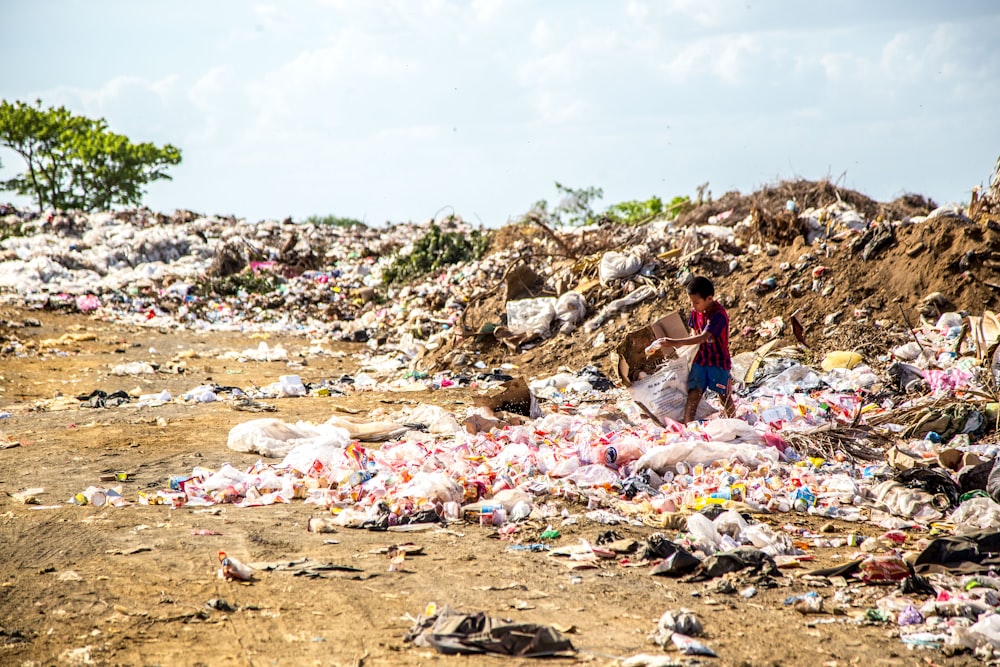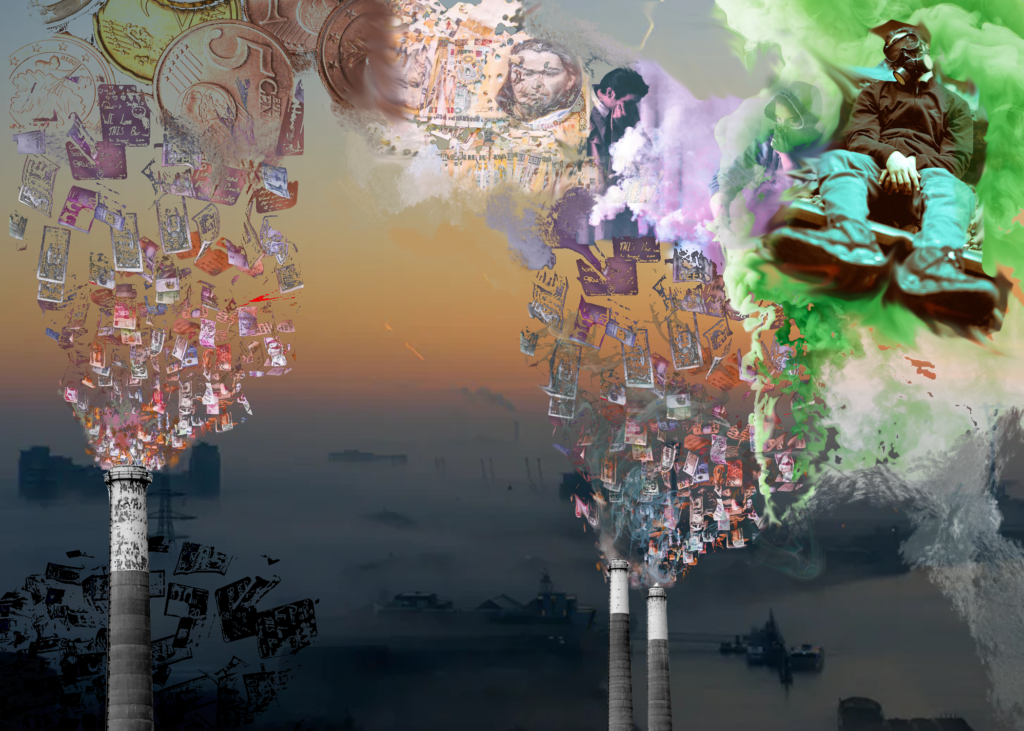Poetry written in 2015 (early junior year of HS). Silver Key in National Scholastic Art and Writing Awards.
The ring of my father’s phone echoes
His fingers ballerina against the glass glow.
I stare into darkened windows around me
but cannot find another human.
We move, a machine among machines.

Around me, road billboards preach the cult of a culture
Goods are the gods,
nauseating neon signs the preachers,
consumers the congregation.
All this, but still we won’t confess:
Festering inside modern life is an illusion.
Moldering in our grueling routine
A fungus we never discuss.
I walk as always into the conditioned air and hollow glow
of the store, the temple of lucrative religion.
Around me masses flow into aisles like restless ocean tides
Devout addicts shambling into dope-houses
Monks marching into a well-stocked monastery.
People conditioned to care only for hollow things
They feel the trembling of their lifesprings
In a steady rhythm of income;
They are oblivious to the rhythm of their own hearts.

The market-goers tear designer-made cloth hides off shelves
to hide the alienation they feel from themselves.
Across vast ocean their human kin
pour sweat into clothes they could never afford,
shackled slaves of a system they could never share in.
Without thought purchasers conscript their currency
To the cause of yoking the scarred hunchback of half the world
to the reins of their “needs,” manufactured and absurd.
Their side of the poverty line trash food that doesn’t sell;
The other side they lash themselves for morsels.
Stores founded by the fortunate funded by the pain of the poor
But agony is irrelevant when it’s on a distant shore.

Rows of pencils adorning lustrous steel shelves
Conjure up mirages of massacres.
Rows upon rows of guillotined copses.
Bodies mutilated, piled in the back of a truck.
Bodies of carbon, corpses of trees.
We hoard with the infinite thirst of black holes
But how will we quench thirst from a toxic well?
We’re manufacturing our Earth into a gateway to Hell
Greased Gulf oil slicks turn pristine sea into River Styx.
Humanity’s a fetus cutting its own umbilical cord,
Self-immolating before we’ve realized our potential.
Venomous fumes seethe into filthy atmosphere:
Have we forgotten that we live here?

I leave the temple and feel I’ve left a rollercoaster
The world swirls around me as I pass the grocer
In every inch of my vision, signs of a gangrenous age
Dents in the glaring white walls tell of lives lived.
But I cannot imagine life in this leeching bleached building.
Our stomachs are empty in a cornucopia.
Emaciated in a society saturated by gagging opulence
that seeps into our blackened souls when we cannot see.
When the miasma clogs our lungs we will finally realize
Lucre can’t allay the devil’s fee.
The only passion I find is confined in synthetic-lit aisles.
I can’t blind myself to the guile in these smiles;
Counterfeit happiness mass-produced in factories.
Around me bodies decomposing in chains,
Locked up by a desperate desire to devour trivial material.
Will we consume until the will to consume is all that remains?




